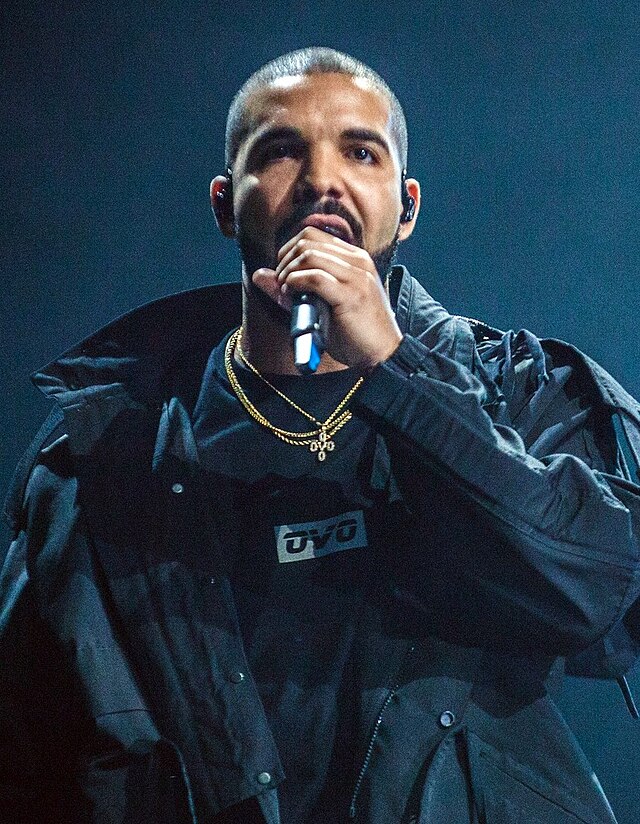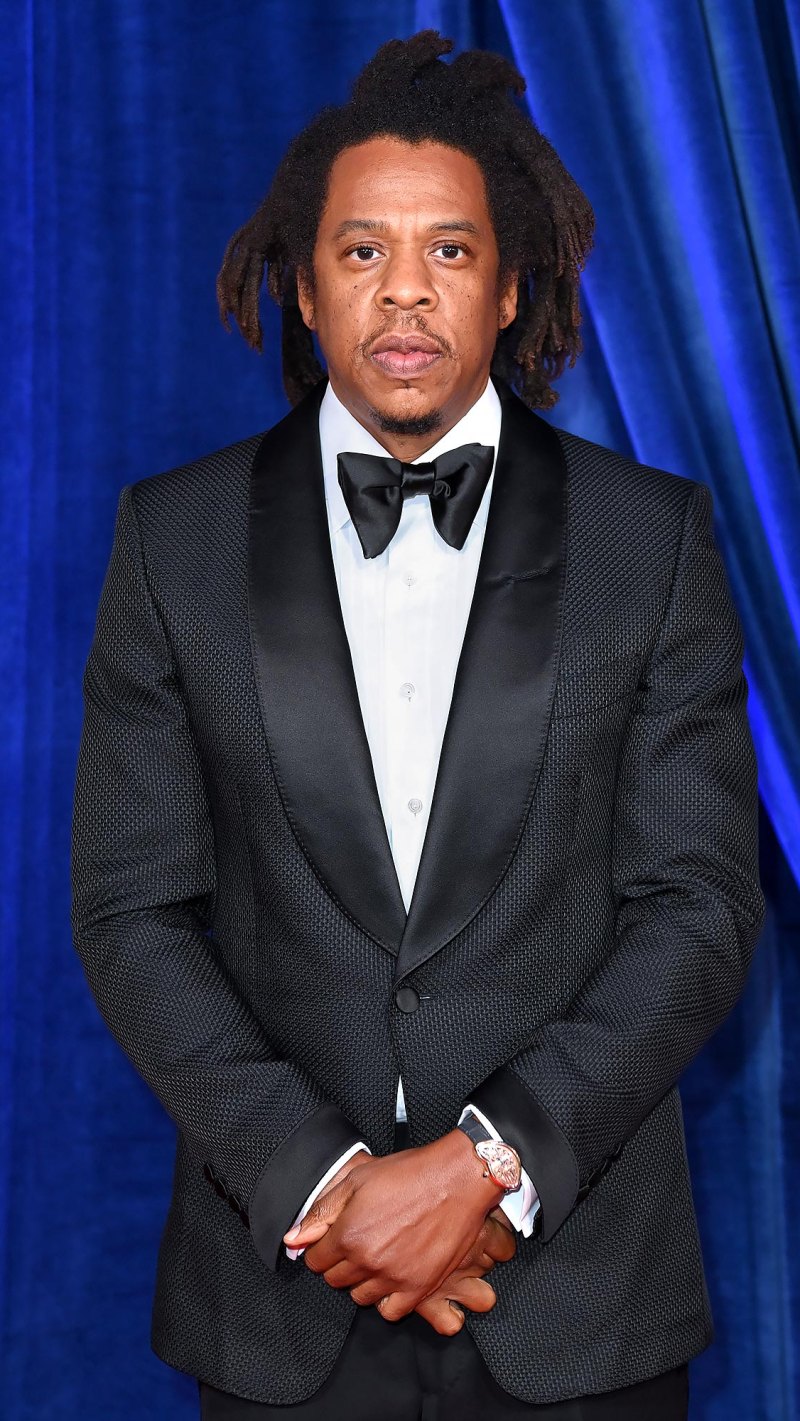Is Tyla Becoming Unlikable or Is It Just a Misunderstanding?
South African artist Tyla recently found herself at the center of public scrutiny following an awkward moment at the MTV Music Video Awards (VMAs), sparking debates about whether she’s becoming unlikable or if people are simply searching for reasons to criticize her. Tyla, who rose to fame with her Afrobeat hit “Water,” received the award for Best Afrobeat Song, presented by Halle Bailey and Lil Nas X. While the situation seemed lighthearted to some, others viewed her actions as a sign of entitlement.
When Tyla took to the stage to accept her award, she hesitated to hold it, claiming she wasn’t strong enough, and asked Halle or Lil Nas X to hold it for her. Halle, in a light-hearted moment, joked that she wasn’t interested in holding anything either. Ultimately, Lil Nas X held the award for Tyla. The exchange, though seemingly innocent, rubbed some viewers the wrong way, with many calling it awkward and unnecessary. This led to a wave of backlash, with some accusing Tyla of being stuck-up and unlikable.

But was it really as serious as it seemed? Tyla and Halle both addressed the incident afterward, dismissing any speculation of shade. In fact, the VMAs “moonman” trophy is known to be quite heavy—Olivia Rodrigo and others have even asked for help carrying theirs in the past, citing its weight. Despite this context, the backlash against Tyla has spiraled into a larger conversation about her attitude and public persona.
The Diva Perception
The VMAs moment isn’t the first time Tyla has been under fire for her perceived attitude. There was a similar controversy during Megan Thee Stallion and Yung Miami’s performance of “Bongos” at the same event. The camera caught Tyla looking into the lens with a seemingly disinterested expression, leading some to believe she was throwing shade at the performance. However, other angles showed her singing and dancing along. Tyla has expressed discomfort with the camera in her face during performances, which could explain the seemingly cold moment. Yet, this didn’t stop people from latching onto the idea that she was being snooty.
Further fueling the conversation was YouTuber Armon Wiggins, who referred to Tyla as an “entitled stuck-up African,” a comment that deeply offended Tyla and led her to include it in her social media bio. While some argue that the comment was tone-deaf and harmful, others suggest that it points to a cultural divide in how Tyla presents herself and how it is perceived by a Western audience.
Tyla’s mixed heritage as a “colored” South African—an identity that carries complex historical connotations in South Africa’s post-apartheid society—has been a focal point of this discourse. Some speculate that Tyla’s background might influence how she carries herself, and her experiences as a “colored” South African might come across as aloof or superior to certain audiences. However, these assumptions remain speculative, and Tyla’s public moments may reflect cultural differences rather than arrogance.
A Series of Controversies
Adding to the growing narrative around Tyla’s attitude are several other incidents. She was called out for seemingly snubbing the South African Minister of Arts and Culture when he attempted to take a picture with her Grammy Award. Additionally, her interview on The Breakfast Club sparked controversy when she dodged questions about her identity as a South African “colored” person, as well as inquiries about her music career, injuries, and other personal topics. Her reluctance to engage in these discussions led some to believe that she was avoiding confrontation or uncomfortable topics.

These incidents, compounded with the VMAs moment, have given some the impression that Tyla is “full of herself” and unlikable. But is this judgment fair?
Misunderstood or Misjudged?
Tyla’s growing pains in the spotlight might stem from a cultural disconnect. As a South African artist navigating the Western entertainment industry, she may not yet be fully acclimated to the nuances of celebrity culture in the U.S. In Western pop culture, humility is often seen as an essential trait for likeability. Celebrities are expected to be gracious, even when they may not feel that way. This includes carrying their own awards, being modest in interviews, and being outwardly supportive of their peers. Deviating from this unspoken code can quickly lead to accusations of arrogance, as Tyla is experiencing.
Tyla’s bubbly, confident, and self-assured personality is a breath of fresh air to some but off-putting to others. She’s unapologetically herself, which is admirable, yet it can be perceived as cockiness by those who expect more modesty from rising stars. Many artists, including Ariana Grande and Doja Cat, have faced similar criticisms early in their careers, only to overcome them with time and success. It’s possible that Tyla is currently going through the same process—learning the fine line between self-confidence and humility in the public eye.
It’s important to note that Tyla is still new to the international stage, and growing pains are inevitable. Every public figure must learn how to navigate the complexities of fame and public perception, and Tyla is no different. What’s essential is whether she can remain authentic while adapting to the expectations of her expanding audience.
The Industry’s Double-Edged Sword
Tyla’s situation is not unique; many artists before her have faced similar challenges. The music industry often holds women, especially women of color, to high standards of likeability, with little room for error. The moment a woman is perceived as too confident or not sufficiently humble, she can be labeled a diva or ungrateful. Meanwhile, her male counterparts may receive praise for similar behavior.
The good news for Tyla is that with every controversy comes a learning opportunity. If she can find a way to stay true to herself while navigating the tricky landscape of Western pop stardom, she’ll come out stronger on the other side.
Conclusion
Tyla’s recent controversies, including her VMAs moment and other publicized incidents, have sparked debates about her attitude and likeability. However, much of the criticism she’s facing may stem from misunderstandings, cultural differences, and the pressures of being a rising star in the public eye. As she continues to navigate her career, it’s crucial to remember that growth and self-awareness are ongoing processes.
Tyla’s confidence and bubbly personality might not be to everyone’s taste, but that doesn’t mean she’s unlikable or a diva. She’s simply learning how to balance her unique personality with the expectations of her growing fan base. Time will tell whether she can find that balance and win over those who currently misjudge her.
As the saying goes, “Be yourself; everyone else is already taken.” Tyla is simply doing just that—now it’s up to the world to accept her as she is.
⚠️ Disclaimer: The content may be hearsay. Viewers are advised to do their own research before forming their own opinions. The content may be subjective.
✅ The content does not negatively impact the original work.
✅ The content we make is used for educational purposes.
✅ The content is transformative in nature.
✅ We only use audio components and small clips, only when necessary.





